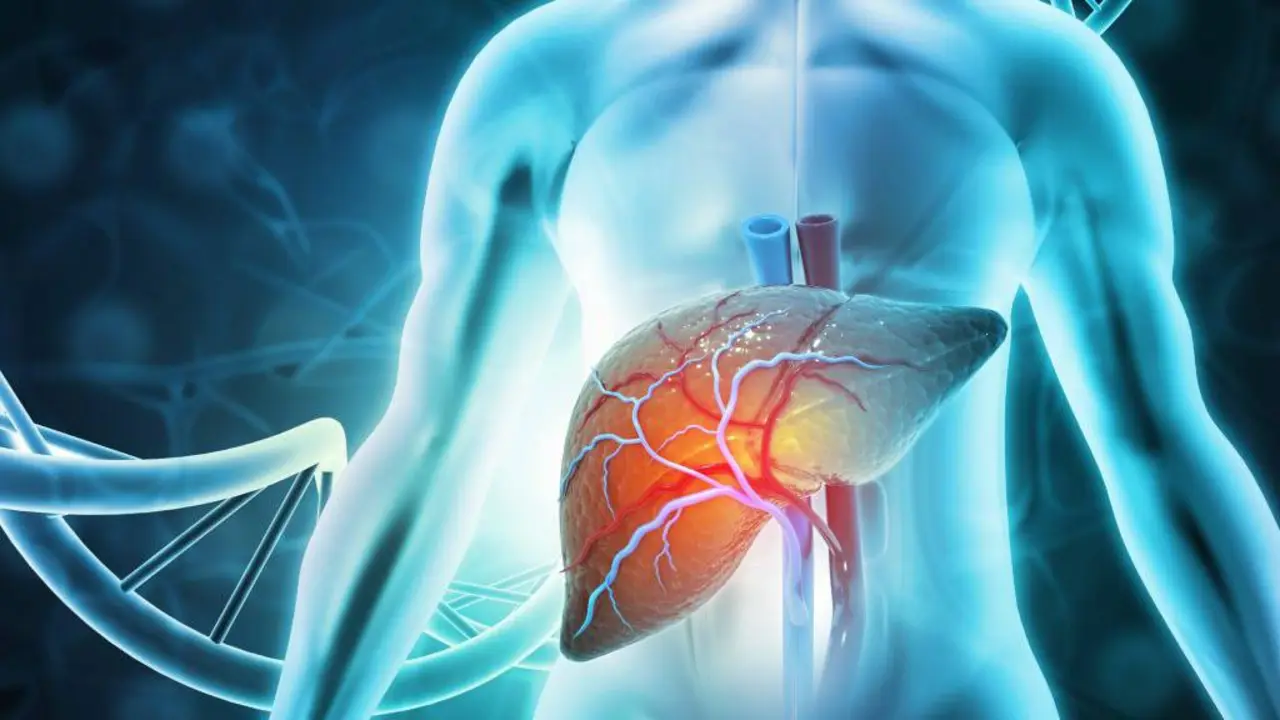Liver Disease — what to watch for and what you can do
Liver problems often start quietly. You can have early-stage disease and feel mostly fine. That’s why knowing the common causes, clear warning signs, and simple daily steps to protect your liver makes a big difference.
Causes and signs to watch for
Several things damage the liver: viruses (hepatitis B and C), excess alcohol, fat buildup (nonalcoholic fatty liver disease), certain drugs and supplements, and some inherited conditions. Each cause behaves differently, but the symptoms you’ll notice are similar.
Key warning signs: yellowing of the skin or eyes (jaundice), dark urine, pale stools, swelling in the belly or legs, unexplained weight loss, ongoing fatigue, easy bruising, and sudden confusion or sleepiness. If you see these, get medical help—especially jaundice or confusion, which can signal advanced disease.
What to do: tests, treatment and everyday tips
If your doctor suspects liver disease they usually start with blood tests: ALT, AST, alkaline phosphatase, GGT, and bilirubin. These show how well the liver is working and whether there’s inflammation. Imaging like ultrasound or FibroScan checks for fat, scarring (fibrosis), or tumors. Sometimes a liver biopsy is needed to confirm a diagnosis.
Treatment depends on the cause. For viral hepatitis there are effective antiviral drugs that can clear or control the infection. For fatty liver, the main treatment is lifestyle—losing 7–10% of body weight helps many people reduce liver fat and inflammation. If alcohol is the issue, stopping drinking is the single most effective step. Some cases with severe scarring (cirrhosis) may need specialized care or a transplant.
Medication safety matters. Many common drugs and supplements can hurt the liver in high doses or with long use. Acetaminophen (paracetamol) is safe when used as directed but dangerous at high doses. Herbal products like kava or high-dose green tea extract have been linked to liver injury too. Always tell your doctor all medications and supplements you take.
Simple, practical habits protect your liver: get vaccinated for hepatitis A and B if you’re at risk, keep alcohol within safe limits or stop completely if you have liver disease, aim for steady weight loss if you’re overweight, avoid unregulated supplements, and practice safe sex and safe needle use to reduce viral risks.
Regular checkups matter. If you have risk factors—heavy drinking, obesity, diabetes, or past hepatitis exposure—ask your doctor about routine liver tests and imaging. Early detection gives you more treatment options and a better chance to reverse damage.
Worried about a specific medicine or symptom? Contact your healthcare provider. Small changes now often prevent bigger problems later.
Famotidine and Liver Disease: A Possible Treatment Option?
Hi everyone, it's always fantastic to share fresh insights with you guys! Today, we will take a deep dive into the possible use of Famotidine for treating liver disease. In this piece, we will explore the potential benefits, side-effects, and the latest research in this area. Join us as we unpack the science behind this potential breakthrough in medical treatment. Don’t miss out on learning how a common drug like Famotidine might become a beacon of hope for those battling with liver disease.

